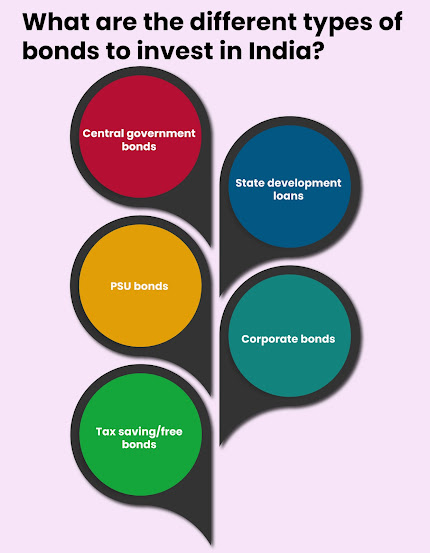Understanding Government Bond Interest Rates and Investing in India
Government bonds, or government securities, are debt instruments issued by the central and state governments to raise money for financing budgetary requirements. They offer relatively safe and fixed interest rate returns, making them a popular investment option.
Interest Rates on Government Bonds
The interest rate offered on government bonds depends on multiple factors, including the prevailing market rates, RBI's monetary policy stance, liquidity conditions, and demand/supply dynamics. Generally, long-term bonds carry higher interest rates than short-term bonds.
The Government of India issues bonds across various tenures ranging from short-term Treasury Bills to long-term securities up to 30 years. The benchmark 10-year government bond yield is widely tracked as an indicator of prevailing interest rates.
In 2023, 10-year G-sec yields have been around 7-7.5%. The yields were upward for most of 2022 due to rising inflation and tightening monetary policy. However, they have softened in recent months on improved liquidity.
Ways to Invest in Government Bonds
There are a few ways to invest in government securities in India:
- Buy at Auction: Individuals can bid for government bonds through authorized banks or primary dealers at RBI's auction process. However, this requires the submission of KYC documents and a Demat account.
- Buy from Secondary Market: Investors can purchase government securities from the secondary market via brokers or through the Retail Direct platform RBI offers. Liquidity may be lower compared to the auction route.
- Invest via Mutual Funds: Gilt mutual and debt funds invest predominantly in government securities. They provide easier access for retail investors to earn market-linked returns.
- Use Bonds ETFs: Exchange-traded funds like Bharat Bond ETFs launched by Edelweiss AMC offer diversified access to government bond portfolios.
- Buy India Government Bond ETF: Launched in US Markets, this ETF by Aditya Birla Sun Life AMC invests in Indian sovereign bonds. It allows global investors to get rupee-denominated fixed-income exposure.
Government bonds offer stable returns with a sovereign guarantee of repayment. Evaluating the interest rate environment and using suitable investment avenues can help build a low-risk, fixed-income portfolio. Maintaining an optimal asset allocation is advisable.
.png)




Comments
Post a Comment